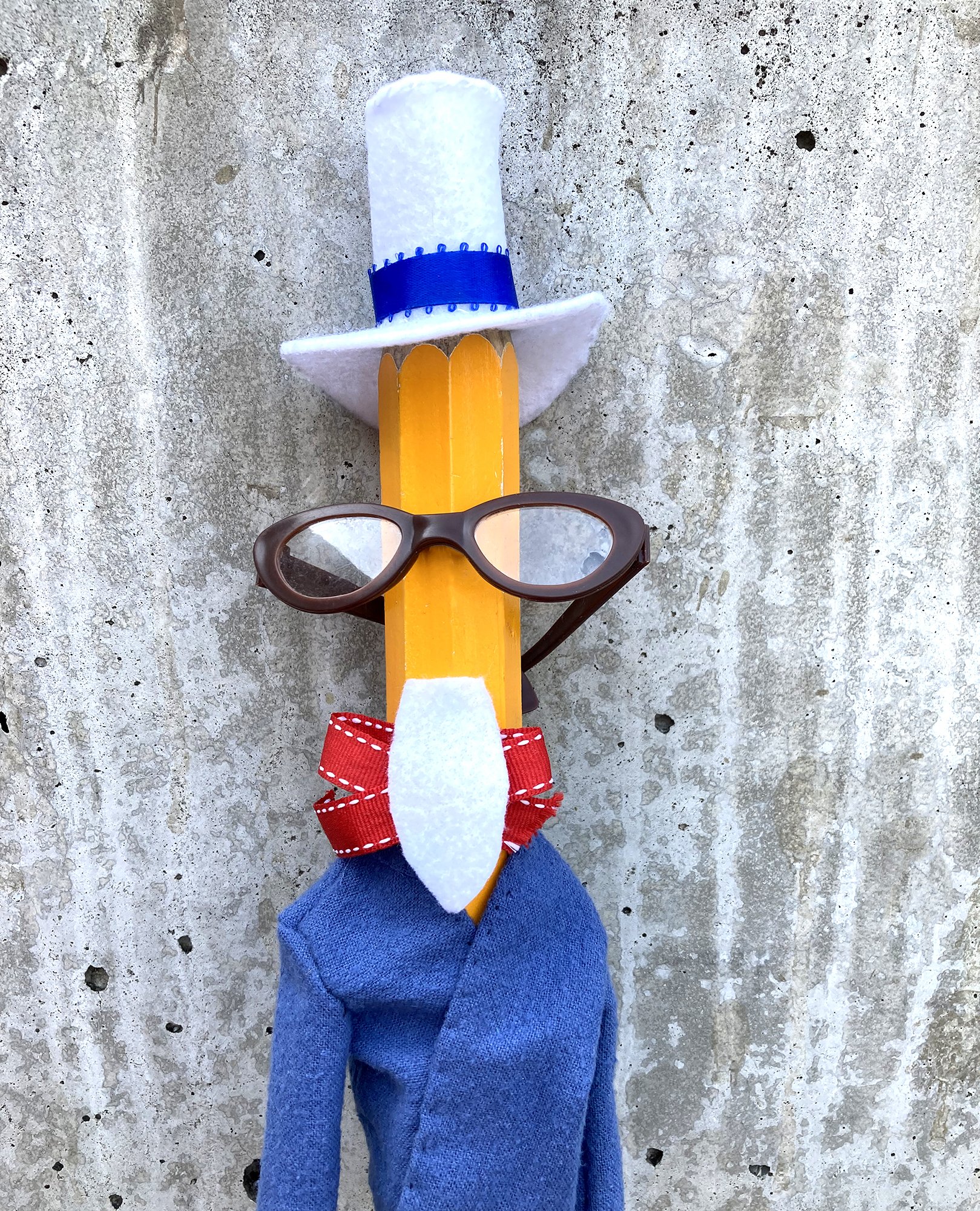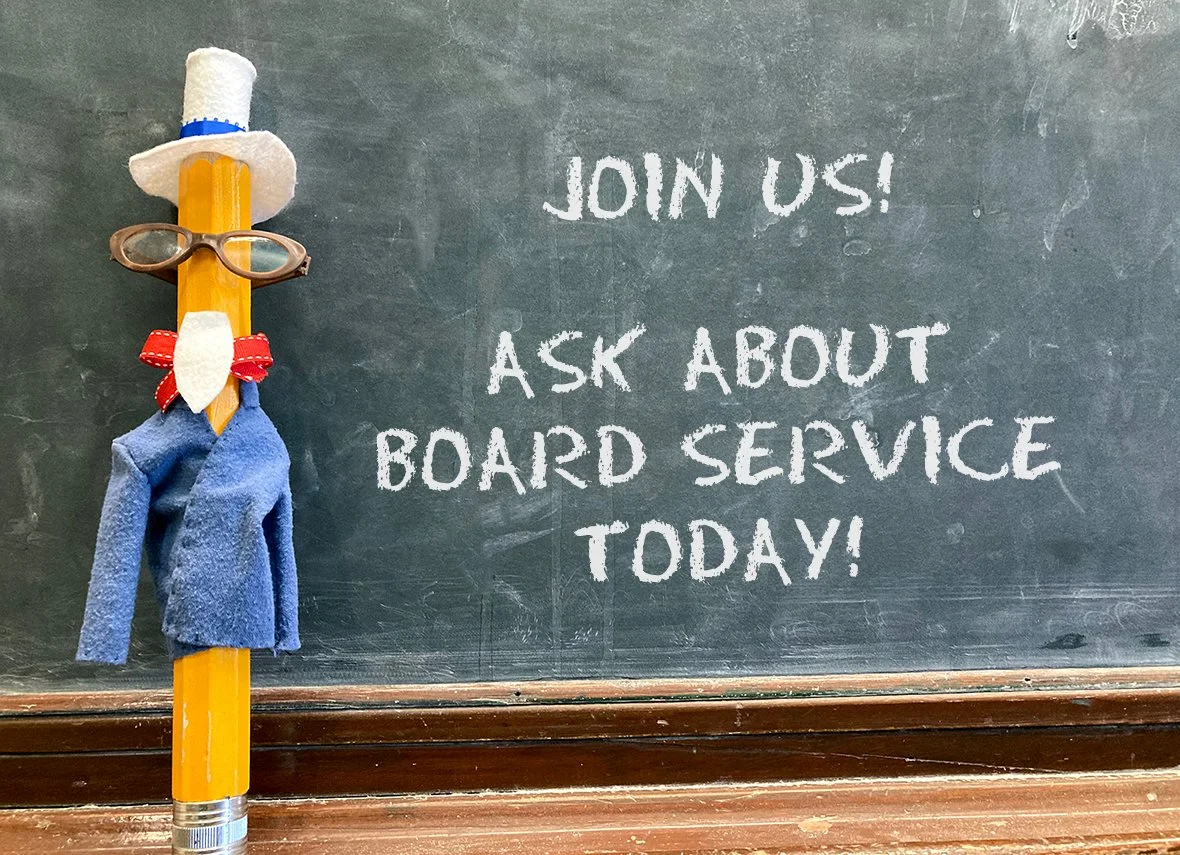The Guild’s Board of Directors Needs You!
The Guild’s mascot, Giant Pencil, asks you to consider what you can do for the Guild and your editing community! Photo by Jen Grogan.
The Northwest Editors Guild is led by a volunteer board of directors. Every year, editors just like you give freely of their time to keep the Guild running for all of us… and during the pandemic, several of our board members stayed on an extra year or two in order to help keep us running smoothly during all those “unprecedented times” we kept hearing about. We can’t thank them enough for the gift of their time… but now they need to take a break, and that means a higher percentage than usual of our board is stepping off this year. We need just a few more volunteers who will help the Guild move into 2023 and beyond!
Interested in serving on the Guild’s board, but not sure what it entails? Read on for answers to the most frequently asked questions about Guild leadership.
What positions need to be filled? All executive roles (vice president, secretary, treasurer, etc.) have now been filled, but we still need a few members at large, who serve on committees and take on projects but are not part of the board’s executive committee. These roles are a great way to dip your toes into board service!
What are the requirements of board service? Any Editors Guild members of at least one year’s standing with time to devote to the organization, a desire to help out, a passion for the editing community, or a vision for the organization’s future are encouraged to become prospective board candidates. Candidates are evaluated by the current board and are voted into service in December.
I’m a really new editor, so I’m not eligible, right? Wrong! The perspective of editors who are new to the profession is extremely important and helpful.
I don’t live near Seattle, though… Great! All board meetings are online via Zoom, and we encourage members from outside our traditional metro-area focuses on Seattle and Portland to join.
But don’t I need experience with nonprofit boards or the position I might be filling? Nope! Most incoming board members have never worked with nonprofit boards before, and most have only tangential experience related to their board position.
Giant Pencil, dressed in blue jacket, red bow tie and white top hat with a white goatee and its signature glasses, poses in front of a blackboard. Photo by Jen Grogan.
So I have to figure it out all by myself?! Definitely not. There are detailed job descriptions written for each position and committee on the board, and if you join the board you will have help in getting ramped up on your position and all responsibilities. There is also an online board retreat at the beginning of every year, where outgoing, ongoing, and incoming board members meet to ensure a smooth transition.
Once I join, how long do I have to stay? Board terms begin in January and last for two years, with the option to renew for up to two more years.
What’s the time commitment like? Total time commitment varies depending on which subcommittees and extra projects each board member chooses. The minimum time commitment for a board member at large will be a few hours per month, but executive committee members, programming committee members, committee chairs, and those taking on special projects can expect a more substantial time commitment.
How can I learn more? Board president MariLou Harveland will be hosting a few more informational sessions in the coming weeks to answer questions and provide details about board service (see our calendar and look for the light blue “About the Board Social Hours” listings to find these), or you can email her directly at president@edsguild.org to find out all about board service! You can also check out our full Board Service FAQ and Expectations of Board Members for more complete details.


